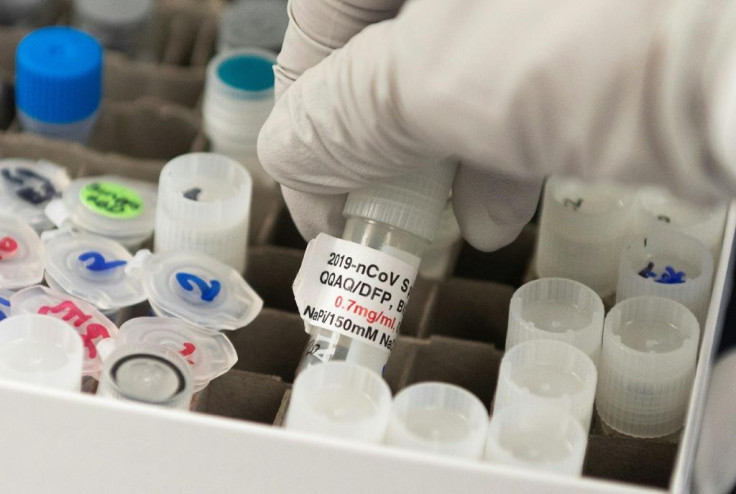Gavi Covax facility misses Covid-19 vaccine project funding targets, eyes cost-sharing
With funding provided mostly by the private sector and philanthropists, the WHO-led initiative would handle the procurement and distribution of the vaccines.
With several coronavirus vaccine candidates already in the final phases and with promising results, biotech groups have already committed to the production of millions of doses upon regulatory approval. With most governments already prepared to purchase the jabs, low-income countries, on the other hand, have been assured assistance by the World Health Organization (WHO) via the Covax Facility project. Unfortunately, due to unforeseen circumstances, the supported regions might be required to shoulder a portion of the costs for COVID-19 vaccination.
With funding provided mostly by the private sector and philanthropists, the WHO-led initiative would handle the procurement and distribution of the vaccines. These will then be equally allocated between member nations classified as low to middle-income. So far, there are 92 identified which includes the Philippines, South Sudan, Indonesia, Maldives, and Sri Lanka, among others. Originally, it was indicated that everything would be shouldered by public-private global health partnership.
However, the funding goal was set at $2 billion for the immunisation of the people who reside in the aforementioned low-income countries. To date, the Covax Facility project was only able to raise approximately $1.7 billion, which is about $300,000 short of its target. A report by the Independent notes that the organisation informed the beneficiaries that they would need to contribute an estimated $1.60 to $2.01 per dosage of the COVID-19 inoculation.
This new policy was confirmed in a recent Gavi Vaccine Alliance discussion. An unnamed source with knowledge related to what transpired during the meeting notes that officials agreed on what needed to be done. It seemed the group "was really pushing for the co-financing obligations, saying that they can't go back to donors again." The turnout purportedly prompted the Bill and Melinda Gates Foundation as well as the WHO to disagree with the proposed plans.

The insider added: "It does seem like the project is on thin ice at the moment, and I think the 92 countries are receiving very little information so they likely have no idea what's expected of them." On the other hand, those in charge of the programme assure the public that its cost-sharing proposal will not get in the way of the vaccine's distribution in the regions specified beforehand. The governments of the said countries are likewise urged to prioritise frontline workers.
© Copyright IBTimes 2025. All rights reserved.





















